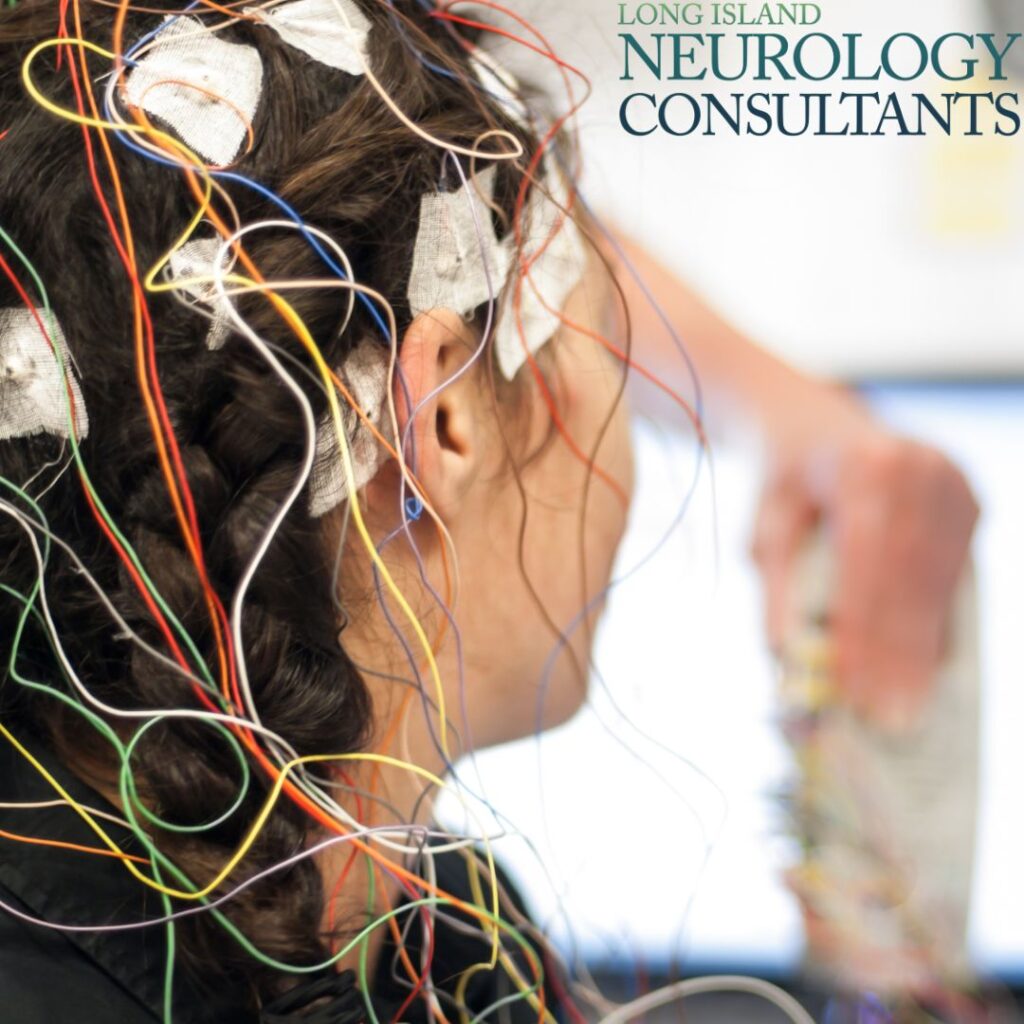The Role of EEG Testing in Detecting Seizure Disorders
Seizure disorders affect millions of people worldwide, disrupting daily life and posing serious health risks. Identifying and diagnosing these conditions accurately is essential for effective treatment and management. One of the most valuable tools in detecting seizure disorders is an electroencephalogram (EEG). At Long Island Neurology Consultants, we utilize EEG testing to assess brain activity, helping patients receive timely and appropriate care.
What Is an EEG?
An electroencephalogram (EEG) is a non-invasive test that records electrical activity in the brain. The brain functions through electrical signals, and an EEG can detect abnormalities that may indicate neurological conditions such as epilepsy and other seizure disorders.

During the test, electrodes are placed on the scalp to monitor and record brain wave patterns. These recordings help neurologists analyze brain function, detect irregularities, and determine the presence of seizure activity.
How EEG Testing Helps Detect Seizure Disorders
EEG testing is one of the primary diagnostic tools for epilepsy and other seizure disorders. Here’s how it plays a crucial role in detection and diagnosis:
- Identifying Abnormal Brain Activity
- Seizures result from uncontrolled electrical disturbances in the brain. EEG testing captures these disruptions, even if they do not occur during the test itself.
- Classifying Seizure Types
- Seizures can be focal (partial), affecting one part of the brain, or generalized, involving both hemispheres. EEG patterns help determine the seizure type, guiding treatment decisions.
- Detecting Silent Seizures
- Some seizures, such as absence seizures, do not involve noticeable physical convulsions but can still cause lapses in awareness. EEG testing helps identify these subtle events.
- Monitoring Treatment Effectiveness
- Patients undergoing treatment for epilepsy may need periodic EEG tests to assess whether medications or therapies are effectively controlling seizure activity.
- Evaluating Other Neurological Conditions
- While EEGs are commonly used for seizure diagnosis, they can also detect brain abnormalities related to conditions like sleep disorders, brain injuries, and encephalopathies.
Types of EEG Testing for Seizure Disorders
At Long Island Neurology Consultants, we offer different types of EEG tests depending on the patient’s symptoms and medical history:
- Standard EEG – A routine 20- to 30-minute test that records brain waves while the patient is awake and resting.
- Sleep EEG – Conducted while the patient is asleep, as some seizure activity is more detectable during sleep.
- Ambulatory EEG – A portable device records brain activity over 24 to 72 hours, allowing for real-world seizure detection outside of a clinical setting.
- Video EEG Monitoring – Combines EEG recording with video observation to correlate brain wave activity with physical symptoms.
What to Expect During an EEG Test
An EEG is a painless and straightforward procedure. The steps typically include:
- Small electrodes are placed on the scalp with a special adhesive.
- The patient relaxes while the machine records brain activity.
- In some cases, flashing lights or controlled breathing may be used to stimulate brain wave changes.
- After the test, the neurologist analyzes the results to determine whether seizure activity is present.
Next Steps After EEG Testing
If an EEG detects abnormal brain activity, our team at Long Island Neurology Consultants will develop a personalized treatment plan. Treatment options may include:
- Medication – Anti-seizure medications (anticonvulsants) help control seizures.
- Lifestyle Modifications – Managing stress, maintaining a healthy sleep schedule, and avoiding seizure triggers.
- Surgical Options – In severe cases, surgery may be recommended to remove the affected brain area causing seizures.
Contact Long Island Neurology Consultants For EEG Testing
Early detection is key to managing seizure disorders effectively. If you or a loved one are experiencing symptoms of seizures, contact Long Island Neurology Consultants to schedule an EEG evaluation today.


